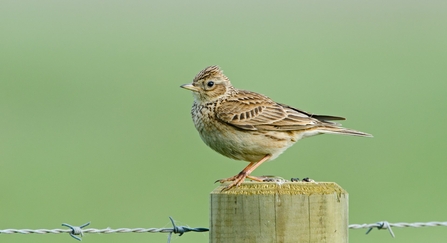The planet doesn’t belong to us. We humans share it with others, in particular with the wild animals whose needs we too often overlook. By thoughtlessly, or even knowingly, destroying the habitats of other species for human convenience we have been degrading the life of the planet. And the result has been the loss of many animals, the accelerating disappearance of familiar creatures from the world.
There was a growing concern for the writers in 26 (named after the number of letters in the alphabet) that, as writers, we had a responsibility to use our voices to speak out for vulnerable animals. 26 is a membership organisation of more than 300 writers of many different kinds. We champion the power of words by developing creative projects with sympathetic partner organisations. The idea of partnership to amplify awareness of causes is at the heart of 26.
In recent years, for example, we’ve partnered with the Imperial War Museum to commemorate the 100th anniversary of the Armistice in 2018 – with 100 of our writers involved in daily website posts, short films, a book. A year later we partnered with The Woodland Trust to celebrate trees, and we gathered the 52 pieces of writing into a book called The Understory. Both these books won awards.
It seemed fairly natural to follow trees with animals. As often, chance played a part and there were connections that made a project between 26 and The Wildlife Trusts seem destined to happen. Lisa Andrews and I met The Wildlife Trusts to discuss the possibility of a project.
In January, the prospect of Covid did not enter our conversation. Full of enthusiasm, we agreed an outline. The Wildlife Trusts would provide a list of vulnerable species and 26 would randomly match a writer to each species. More than 50 of our writers volunteered and The Wildlife Trusts supplied a list of 52 UK species in severe decline. It was a poignant list, almost an elegiac poem when the names were read out.


